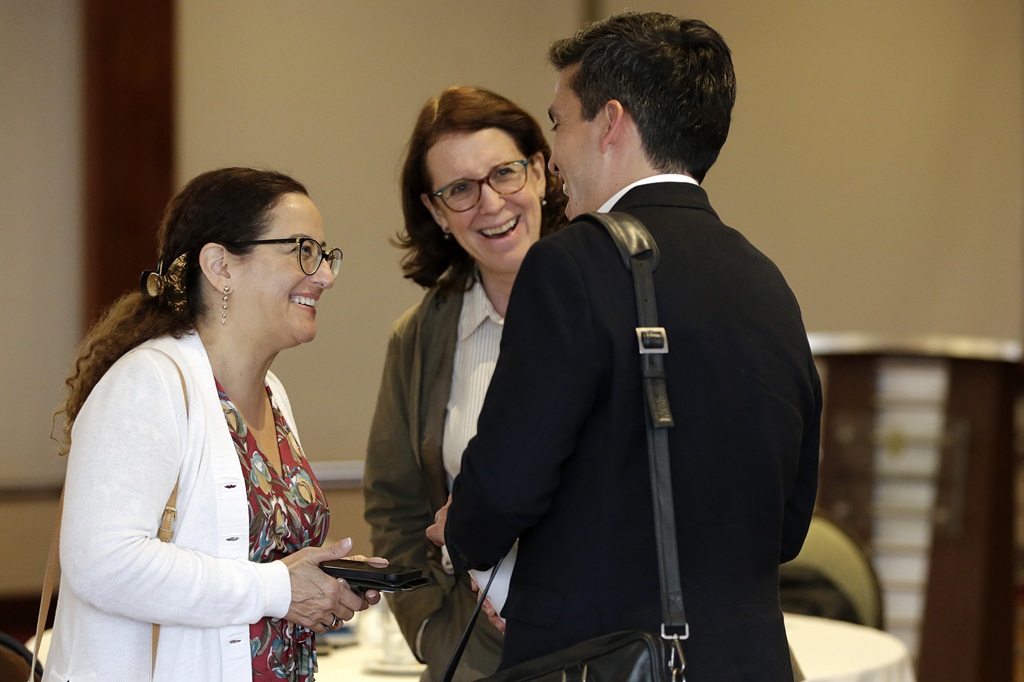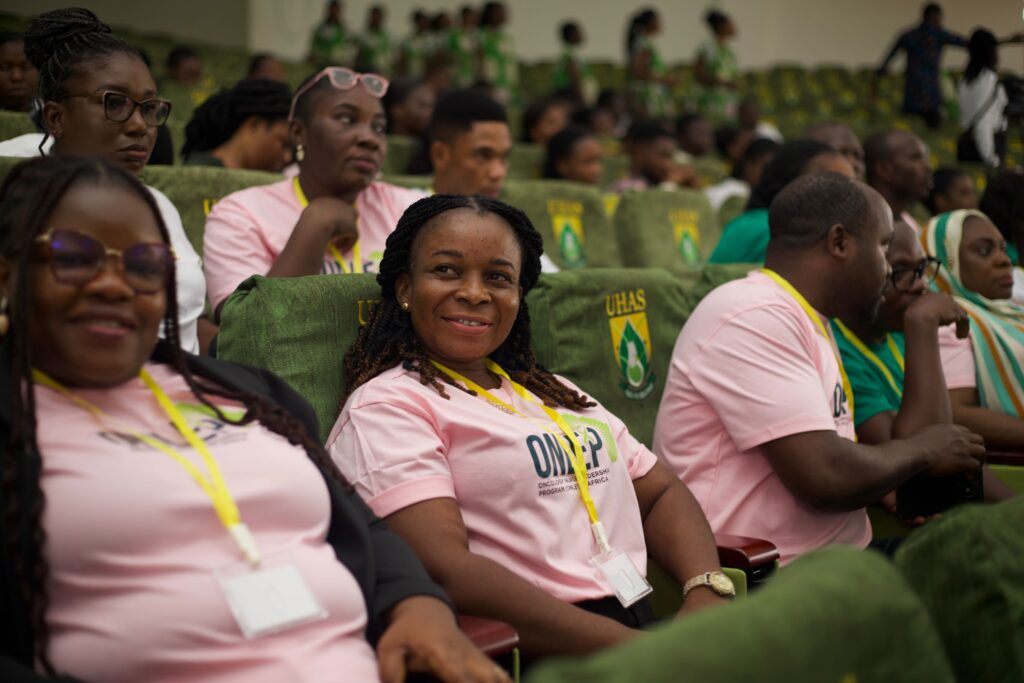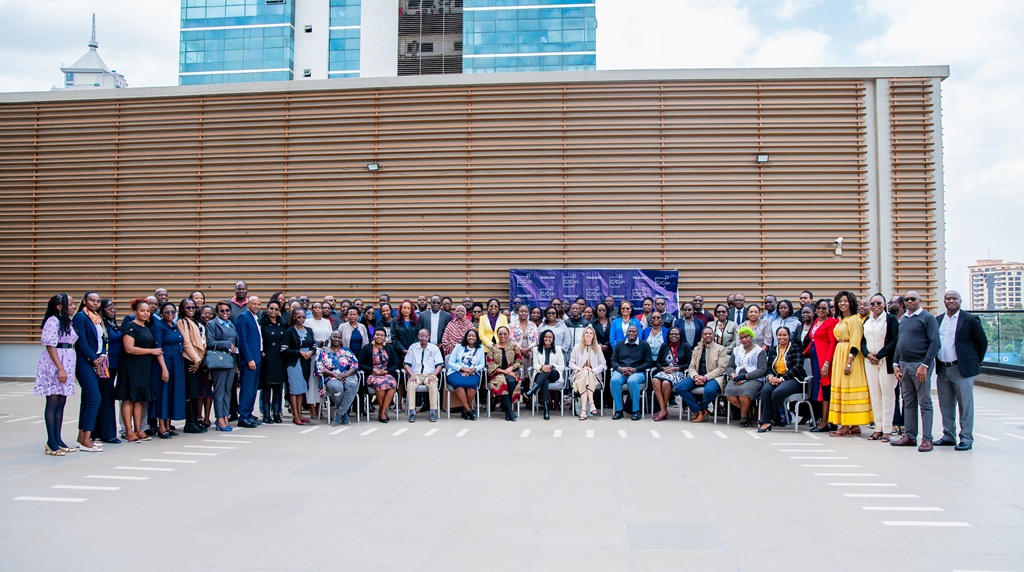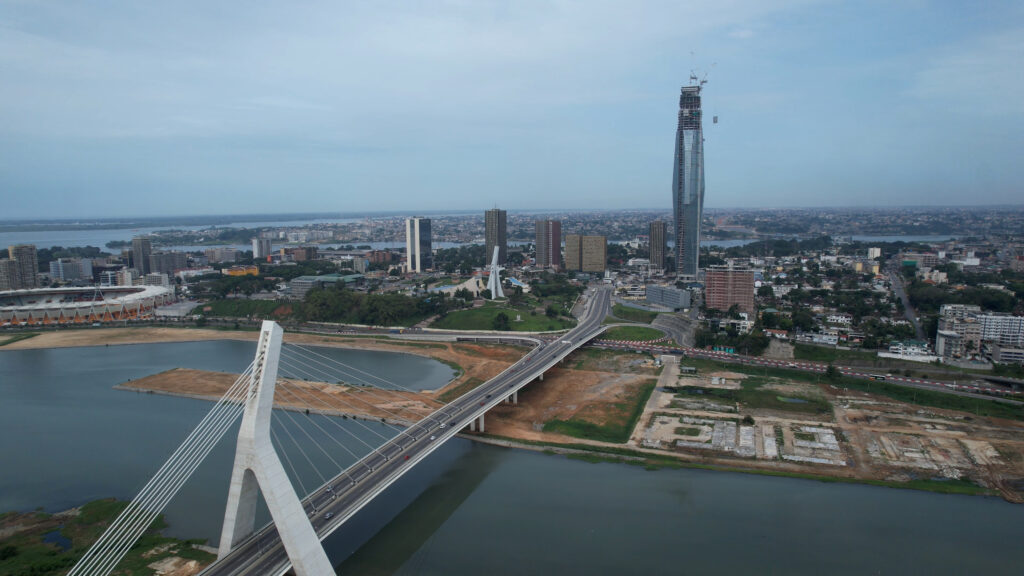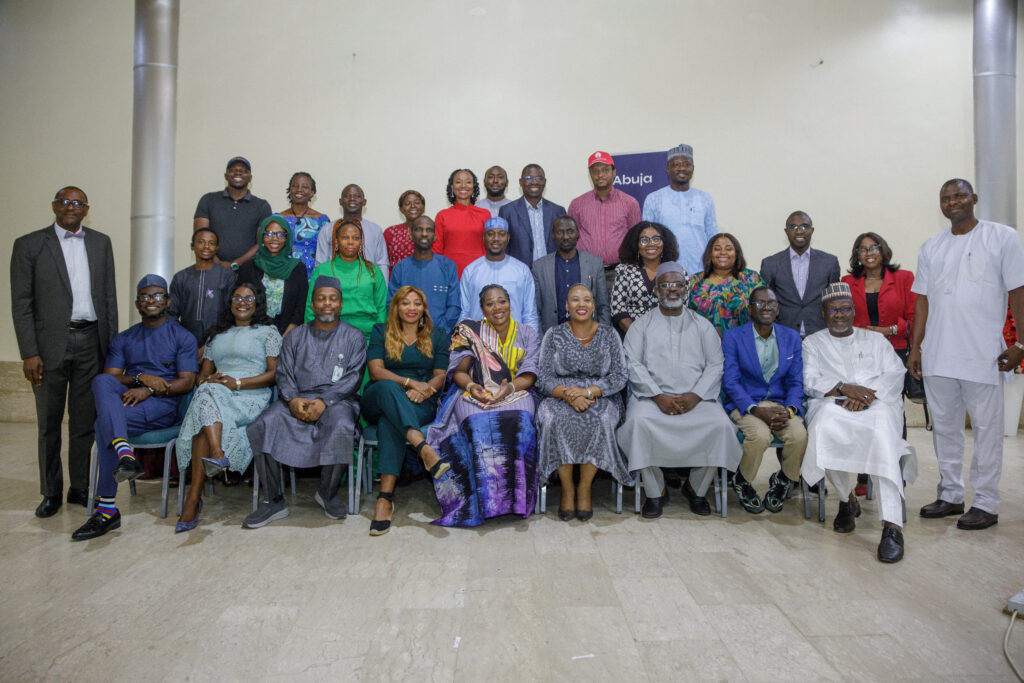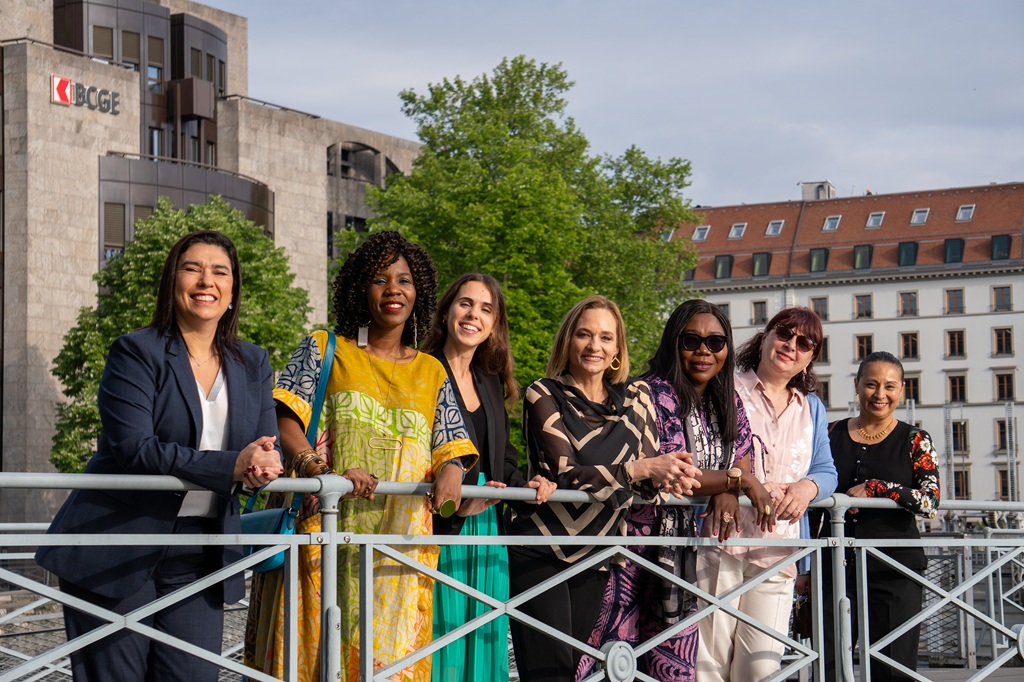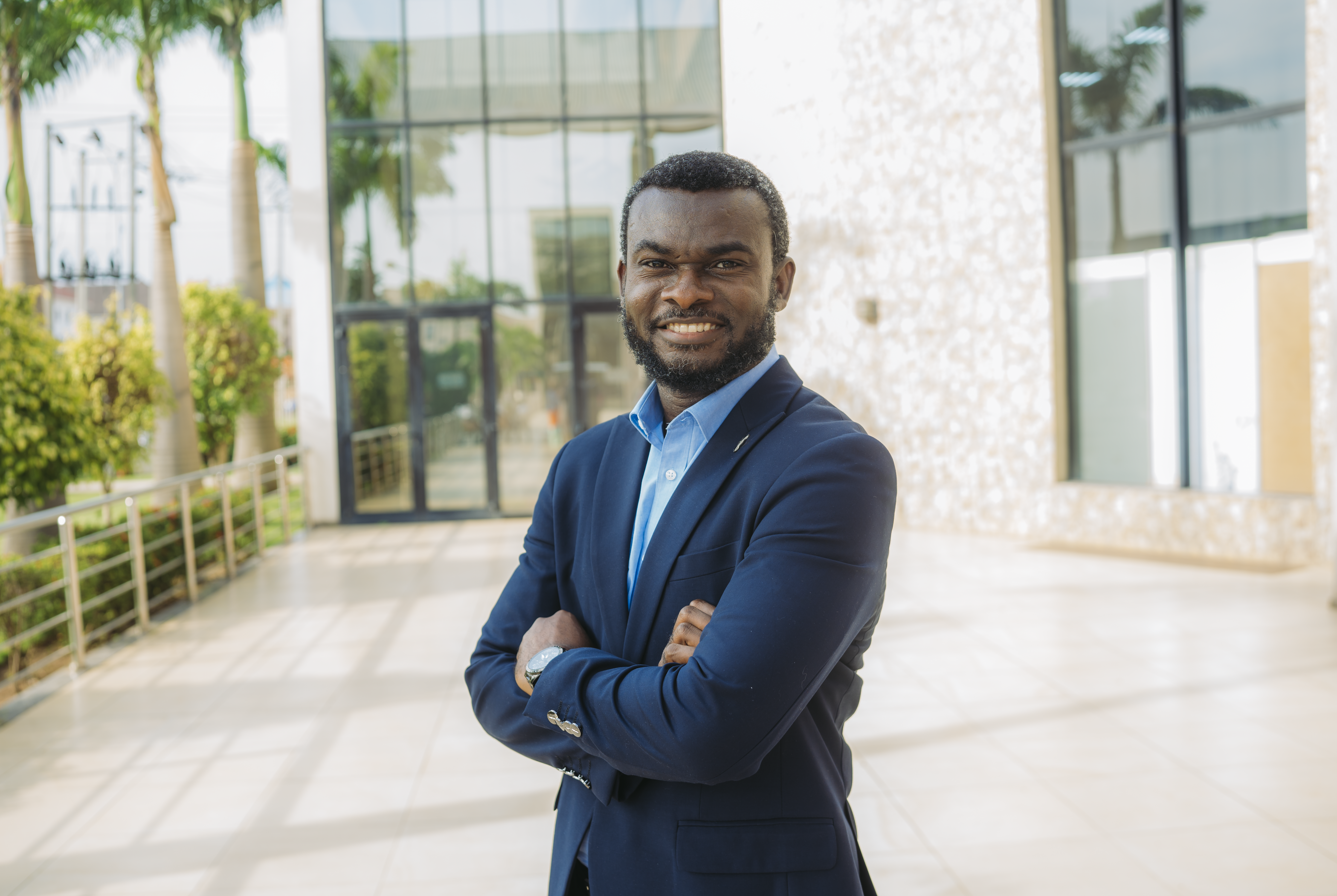
He has over ten years of experience in public health, which spans across cancer control, infectious disease control and business development. He is particularly committed to health system strengthening, and has worked on projects funded by the United States Centre for Disease Control (US-CDC), the CDC Foundation and the African Women’s Cancer Care Association.
Tell us why you wanted to be part of City Cancer Challenge?
My motivation to work in cancer care is based on personal experience. My wife lost her mother to breast cancer over ten years ago, and having to witness the impact of the disease on our family, reflects how much damage cancer has done to the lives of many others. I also lost an uncle to prostate cancer, and both stories were really close to my heart.
Working as a public health practitioner and implementing cancer care programmes, I have seen the challenges this disease brings, particularly the financial ones where families have broken down or had to sell properties. I know how dealing with cancer can impact someone’s mental health. The impact of cancer cannot be overemphasised.
With its multi stakeholder, locally led and patient-focussed approach, I believe C/Can has a model that inspires coordination, collaboration and local ownership. I like the different stages the model introduces in implementation of projects with a focus on sustainability.

What are you most looking forward to?
I’m motivated by project outcomes and I’m motivated by the key milestones which include forming a City Executive Committee, who will serve as the governing body for the initiative in Abuja. Technical Committees will also be formed and work as leads on cancer care areas including management and quality, core diagnostic services, core treatment services, community and patient access.
Other key milestones will include identifying and prioritising the most urgent care gaps during a needs assessment, forming strategic plans based on our analysis and then developing solutions and resources to implement projects. But in between the milestones, I’m most looking forward to building relationships with the multiple stakeholders who are already doing great work in the Abuja cancer space, working with them to create transformative change within their communities of practice.
I am very grateful for the taskforce that includes representatives from the Federal Ministry of Health, Federal Capital Territory Administration, Clinton Health Access Initiative, Medicaid Cancer Foundation, as well as Project PINK BLUE, who led the application process of Abuja joining the C/Can network. Their commitment and support so far has been extremely encouraging. We will largely depend on the collaboration with government institutions and agencies such as the National Institute for Cancer Research and Treatment (NICRAT), for the endorsement of solutions that will contribute to improve access to cancer care in Abuja.
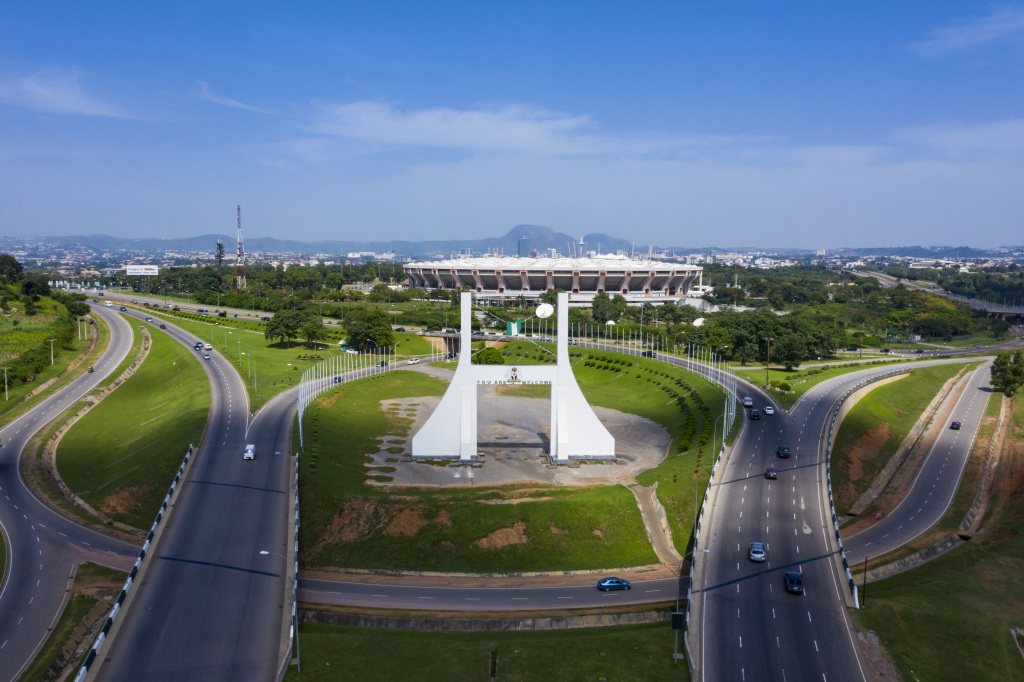
Why is it so important for C/Can to be working with Abuja?
Abuja is the capital of Nigeria and the seat of government so there is no better place for C/Can to be in for collaborative work and support the ongoing national healthcare transformation agenda. We have a lot of stakeholders who are really passionate about this work, and we have the human capital development to drive this process. Doing work individually and collaboratively, bringing technical expertise to the table, pursuing one purpose – that is a powerful move that will result in great outcomes.
